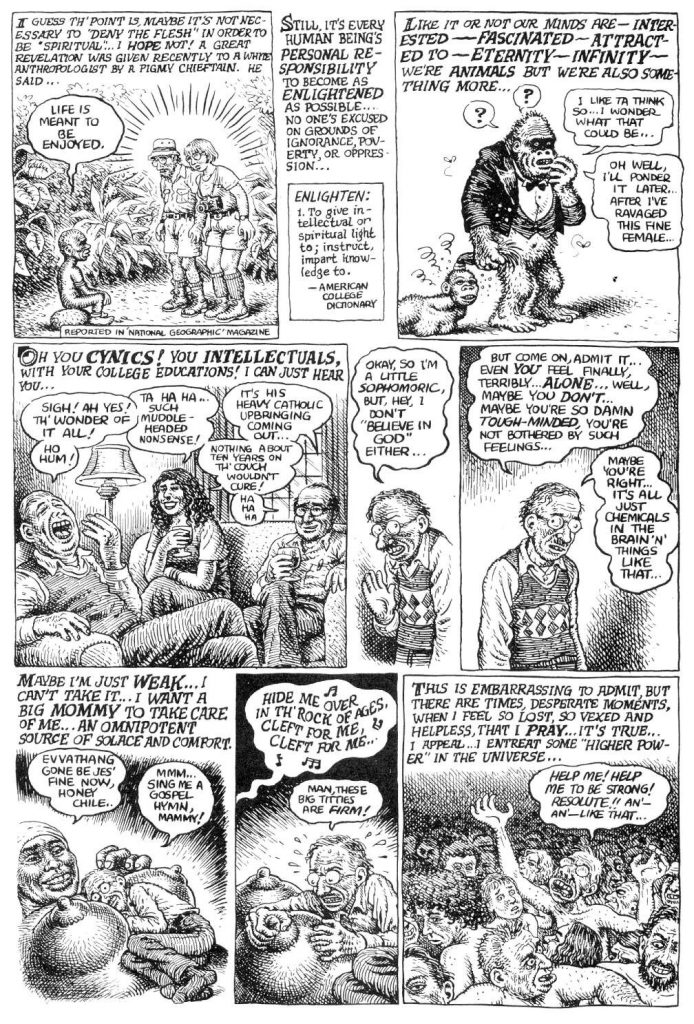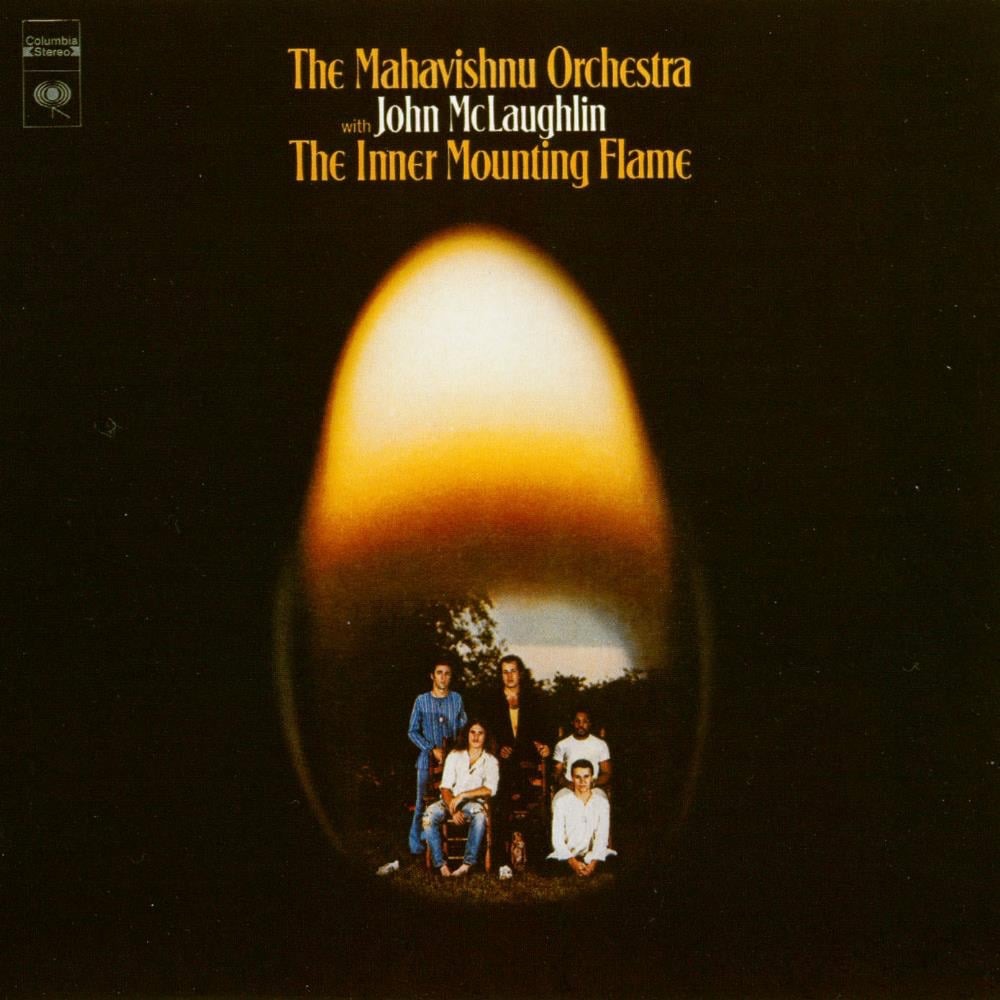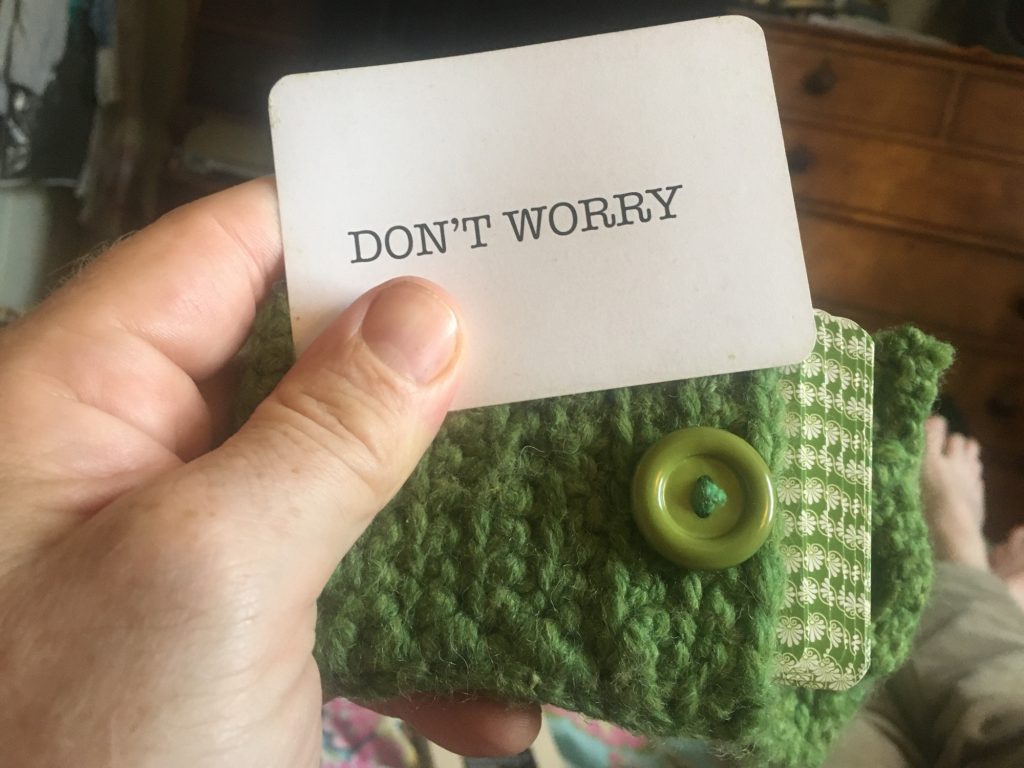
My great and longest standing buddy, Dan Ellis, has been battling thymic cancer for several years now. It was discovered, alas, at what they call Stage Four.
He posted an update on his current status yesterday. On the one hand it sounds pretty awful: constant pain, lots of quite invasive and draining treatments.
On the other it’s quite positive: he has a loving family and devoted wife, and a well remunerated and supportive/understanding job; a very fine oncologist; and his treatments thus far have been very effective ; i.e. he’s still alive.
Not that long ago a stage four diagnosis meant imminent death.
When I first learned of his illness, I tried to go and see him weekly. Sadly since then my own life issues have intervened and made that much harder to do. And these days I hardly ever see him.
I posted a comment to his latest update, and a screenshot of Amy’s response is atop this post.

I was tempted to say Dan is ‘in our prayers daily‘. But I opted instead to say ‘in our thoughts daily.’ And that got me thinking about what prayer might actually be.
One definition of prayer is that we ask for intercession from a supernatural source – most popularly (‘though nowhere near as common as in former times), in our present culture, the ‘all powerful’ being called God – to alter the course of reality in our favour.
That’s quite obviously deluded poppycock. The recourse of desparate fools. At least in my opinion.
But another definition of prayer might simply be the speaking out of a thing ‘devoutly’ or keenly wished for. And I can see some value in that.
I forget now, it’s so long since I read it. Did Alain de Botton address this in his quite interesting book Religion For Atheists? He certainly should have. So he probably did.
Nowadays there’s a lot of wishy-washy New-Agey stuff, and worse, where you’ll hear talk of ‘manifesting’. I must confess, such stuff makes me bridle.
But, within both prayer and the desire to ‘manifest’, usually through such stuff as ‘affirmations’, I do see things of real genuine value.

Perhaps the most important of all is the merest glimmer of hope. One of the worst things about the energy and motivation sapping depressions I’ve experienced (and am currently experiencing) is their bleakness. The absence of hope, or ‘faith’, call it what you will.
A crushing sense that things will only get worse is not conducive to any kind of improvement. Perhaps prayer, or affirmations, or whatever, can be a part of a practicing of hope?
And if these vocalisations of one’s hopes are repeated, as is the very core of practice, then maybe they become gradually more tangible, or plausible?
It certainly seems true that constantly repeating negative stuff has the opposite effect: one’s vistas shrink; less and less is possible or plausible.
I’ve certainly already discovered, through using my cue-cards, for example, the power of repeated recourse to positive ideas.

Having just read a Tolkienian re-imagining of Breton folklore, I give myself license to take on – oh, the hubris! – the trad Christian verse, known as The Lord’s Prayer.
I found a Church of England website giving these two versions:
Modern
Our Father in heaven,
hallowed be your name,
your kingdom come,
your will be done,
on earth as in heaven.
Give us today our daily bread.
Forgive us our sins
as we forgive those who sin against us.
Lead us not into temptation
but deliver us from evil.
For the kingdom, the power,
and the glory are yours
now and for ever.
Amen.
Trad
Our Father, who art in heaven,
hallowed be thy name;
thy kingdom come;
thy will be done;
on earth as it is in heaven.
Give us this day our daily bread.
And forgive us our trespasses,
as we forgive those who trespass against us.
And lead us not into temptation;
but deliver us from evil.
For thine is the kingdom,
the power and the glory,
for ever and ever.
Amen.
So, here goes nuttin’…
Oh Life, whose art is heaven,
Tho’ hollow seems the game
Yet days do come;
And nights, as one;
on earth we are yet in heaven.
We eat each day our daily bread.
And forgive us our mistakes,
As we forgive the mistakes of others.
Let us forbear from evil;
And avoid foolish council.
For this is our world,
Our hour, and our story,
For this fleeting moment.
Okay.
I like this, as a first attempt. It’s so much more humble and universal and real, than any religious prayer belonging to any tradition I’ve yet encountered.
I may ‘worrit it‘, as in come back and finesse it. This is a first attempt. But I think I am going to get it printed. And start saying it daily. See how it feels…
